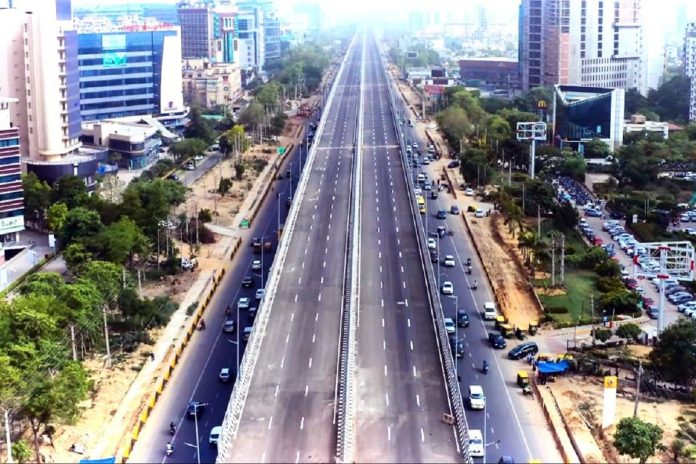Snapshot
NHAI extended unwarranted benefits to concessionaires by resorting to post-tender amendments, says CAG report.
In a critical observation, Comptroller and Auditor General of India (CAG) in its latest report, has noted that the National Highways Authority of India (NHAI) extended undue benefit to concessionaires.
“NHAI extended undue benefit to concessionaires by resorting to post-tender amendments. The premium payable by the concessionaire was laid down in a legal contract drawn up after an open bidding process, in which premium offered was the one and only parameter in deciding upon the financial bids (request for proposal),” the CAG said in its compliance audit report on ‘Rationalisation/Deferment of Premium in BOT Projects in NHAI’.
National highways are being developed under different modes of execution including build operate and transfer (BOT) and engineering, procurement and construction (EPC) modes.
“Any post tender/contract amendment tantamounted to vitiating the entire tendering process, against the principle of sanctity of contracts and unfair with respect to other bidders,” said the report which was tabled in Parliament on Thursday.
National Highways Authority of India (NHAI) proposed a scheme of rationalisation of premium quoted by concessionaires in respect of highways projects. The original proposal for approval contained two options for rationalisation — Option A which provided for termination and rebidding of such projects; and Option B which provided for permitting rescheduling of total premium payment only in respect of 23 projects listed therein.
While proposing the cabinet note, CAG pointed out that the scheme was formulated on the basis of flawed presumptions. A list of 23 projects, which were awarded on premium but whose appointed date was yet to be declared, was annexed. Also, the status of languishing projects along with need for a policy for revival of these projects, was highlighted in the background of the cabinet note.
However, while submitting the final proposal, Option C was included, which permitted rescheduling of premium in respect of all stressed projects and the same was approved by a competent authority with directions to constitute an expert group, which was to finalise its recommendation on development of framework for determining if a project is stressed or not, the discount rate to be used and the conditions to be imposed.
Finally, Option C which proposed rescheduling of premium in respect of all stressed projects was approved.
“However, none of these listed projects availed the scheme. Out of the 23 projects, which formed the basis for inception of this policy, 18 projects could not take off and were subsequently terminated/foreclosed while the remaining five projects, though started, were not completed till December 2019,” said the report.
The CAG report noted that the policy or scheme for rationalisation of premium was neither considered nor approved in the NHAI board meeting and the Ministry of Road Transport and Highways failed to adhere to guidelines of the Cabinet Secretariat for circulation/approval of cabinet notes.
“There were huge variations in total project cost of NHAI while Concessionaire’s total project cost resulted in high debt servicing. The direct implication of this higher debt servicing is on the subsistence revenue of Concessionaire, which in turn had direct relation with premium deferred,” said the report.
CAG in the report also said that NHAI failed to levy a penalty upon the concessionaires applying for such renegotiation.
Instances of huge variation between financial projections at the time of financial close and those at the time of proposal for deferment of premium were also noticed by the CAG.


